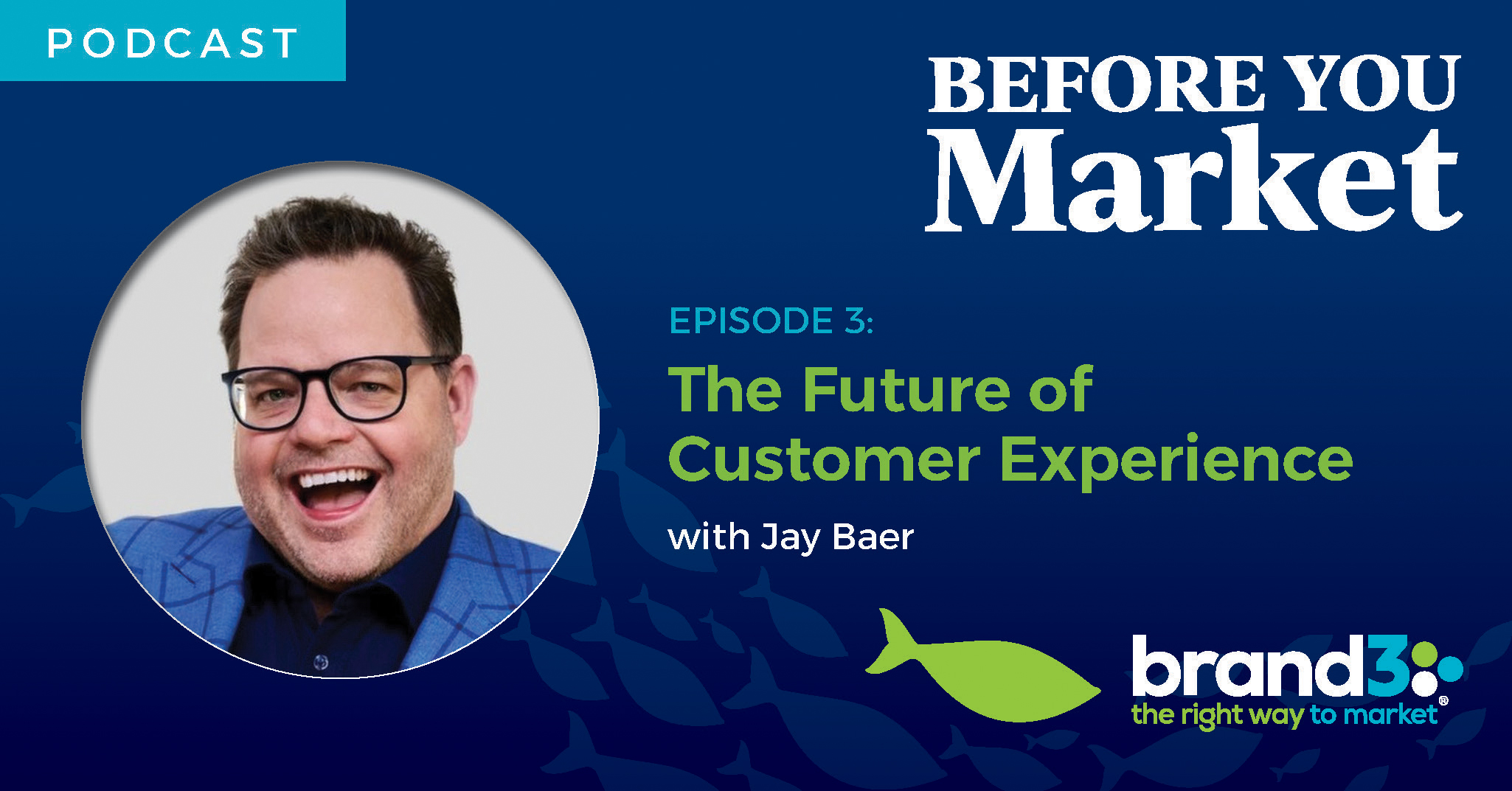
Building company culture with a remote team presents unique challenges and opportunities compared to traditional office settings.
Without the physical space to bring people together, you need to be creative and intentional, and you need the right tools.
At Brand3, we’re incredibly proud of the remote work culture we’ve built.
We're excited to share the strategies and insights that have helped us. We hope they inspire you to strengthen your own remote work culture.
To start, implementing EOS is one of the key ways we’ve strengthened our culture at Brand3.
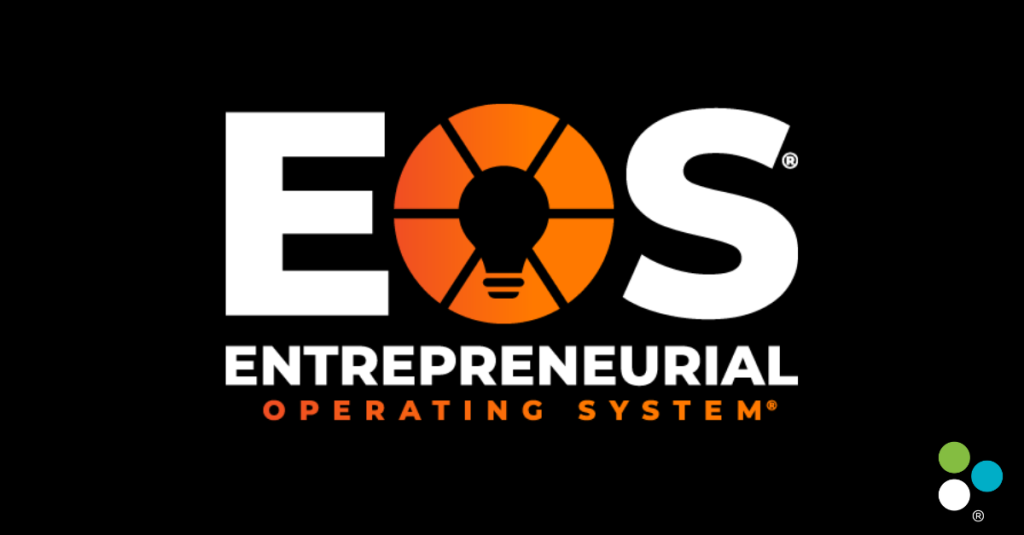
Image Credit: https://www.eosworldwide.com/
The Entrepreneurial Operating System (EOS) is a comprehensive business framework designed to help businesses achieve clarity, focus, and growth.
It uses simple yet powerful tools to help leaders and teams improve and systematize their operations.
EOS focuses on six key components:
These elements help manage challenges unique to remote work, like maintaining engagement, creating a strong sense of community, and aligning on a shared purpose.
EOS is an ongoing journey at Brand3. Using the system effectively is a skill that requires consistent effort.
One way we’re leveling up is by sending some of our team to attend the April 2024 EOS Conference. We’re excited for the insights they’ll bring back.
As a whole, EOS helps keep us aligned and moving in the same direction, which directly strengthens our culture.
It helps us communicate our values, mission, and goals in a way that resonates with our team and guides us toward collective success.
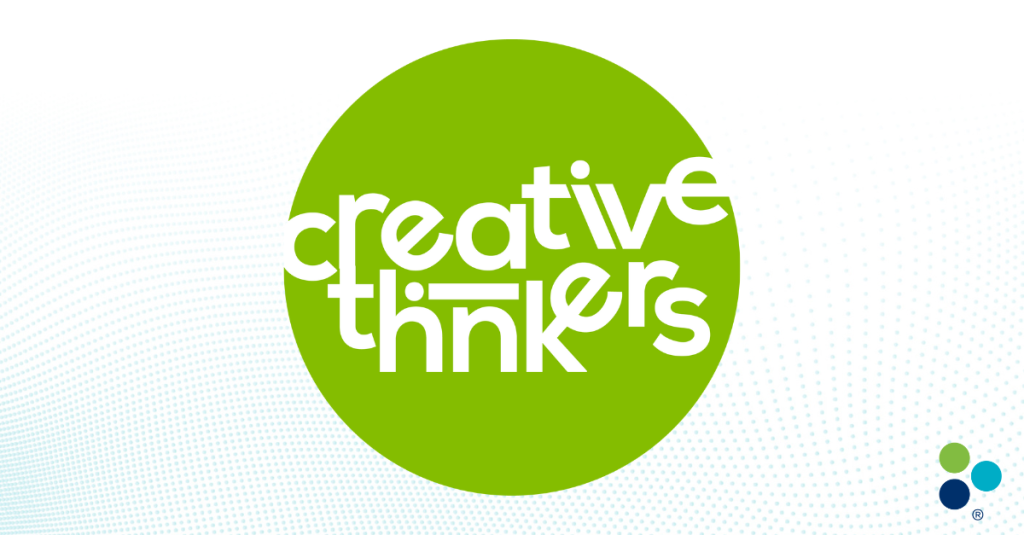
Our company's core values define us and guide our every action and decision. They strengthen our work and our connections with one another.
who love to learn, overcome boundaries, and find unique solutions
who serve from the heart, want to help, and always strive for the better
who can see through and reduce the noise to achieve clarity
who contribute ideas while motivating, lifting up, and encouraging others
who are authentic, honest, open, and vulnerable
These values are integral to our approach in applying EOS. They influence how we set our Vision, engage our People, and define our Processes.
EOS helps us facilitate a culture where we live these values daily, guaranteeing every team member is aligned with the Brand3 ethos.

Whether you use EOS or not, these actionable tips will help you develop, strengthen, and nourish your remote company culture.
A clear vision is a unifying force, aligning efforts and creating a shared sense of commitment and purpose.
If you don’t have a clear vision, follow these tips:
A well-articulated vision clarifies your direction and purpose while cultivating a strong, cohesive culture.
It keeps everyone moving towards the same goal.

Determining your company’s core values isn't just about selecting aspirational traits.
It's about capturing the essence of your organization's identity and using that as a foundation for future growth and decision-making.
If you haven’t already defined your core values, these questions will help guide the process:
Once you’ve identified a list of values, validate that they’re essential to your identity and success. Can you integrate them into your organization to influence all areas of operation?
Get feedback from all stakeholders and make any necessary adjustments to guarantee they resonate.
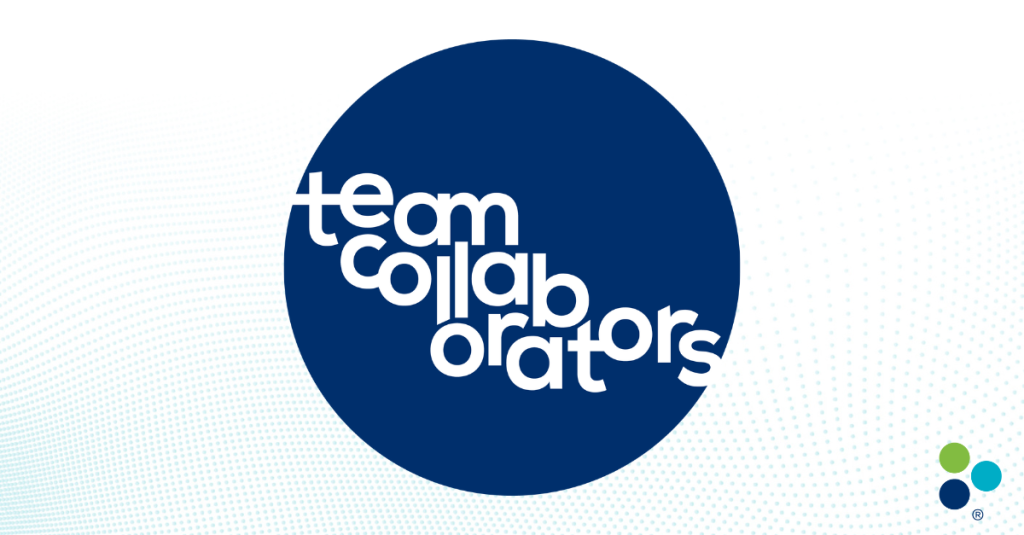
Physical office spaces typically display their core values to keep them top of mind. In remote settings, you have to get creative
At Brand3, we’ve designed engaging graphics for each value and shared them digitally across our communication platforms.
They're always accessible and constantly remind us what we stand for.
We also plan to send out physical core value posters so our team members can display them in their home offices (but only if they want to).
Even though we’re geographically dispersed, our commitment to these values keeps us aligned and moving in the same direction.

The right tools are especially critical for remote work cultures.
We’ve found that EOS is particularly suited for remote environments.
It emphasizes clear communication, structured processes, and shared goals—all fundamental for remote team cohesion and productivity. But it’s not the only tool we use.
Finding what works best for your organization may take some trial and error. Here are some of the tools that work for us:
Direct messaging facilitates instant discussions and keeps our remote team social. We can also integrate other applications to streamline workflows and keep everyone in the loop.
This alignment is even more critical in a remote setting. It ensures that all team members, regardless of their department or location, have real-time access to the same data and insights.
Its flexibility allows us to customize workflows to match our specific needs, making tracking tasks, deadlines, and progress easier.
These platforms work great for our needs and support our culture, but they may not be for everyone.
While finding the best tools for your organization can take time, the impact on team cohesion, productivity, and overall culture is well worth the effort.

At Brand3, regular check-ins are pivotal for maintaining our culture and aligning with our core values.
We host a weekly 30-minute full-team production meeting. This short meeting allows us to all come together and engage with one another.
We share company updates and incorporate conversations about our culture, like shouting out teammates who recently demonstrated our values.
Every department holds weekly EOS Level 10 (L10) meetings. These structured meetings help us address the most important matters and stay on topic.
We share successes, tackle challenges, and guarantee we’re all moving toward common goals.
We’re careful to avoid meeting fatigue.
Outside of L10s and production meetings, we apply the POST method to make sure every meeting is necessary and efficient.
When you schedule meetings, record the answers to these questions in the meeting description. If you can’t answer a question, the meeting may not be necessary.
Stephen Covey popularized this idea of “Big Rocks” in his book The Seven Habits of Highly Effective People.
It’s an analogy where big rocks represent crucial priorities that should be addressed before smaller tasks (pebbles and sand).
This approach helps businesses focus on their most important objectives. It ensures that these critical areas receive attention and resources before less significant tasks.
Having goals or Rocks isn’t enough; you need to track and report on them.
A study on strategies for achieving goals from Dominican University found that 70% of participants who gave weekly updates reported more success than those who did not.
At Brand3, we monitor our Rocks in the EOS software Ninety and give weekly updates during L10s.

At Brand3, we actively encourage discussions around both the challenges we face and the achievements we celebrate. We regularly share key company metrics, project updates, and individual accomplishments.
By openly addressing challenges, you allow for collective problem-solving and innovation. You turn obstacles into opportunities for growth.
Similarly, acknowledging achievements fosters a sense of belonging and appreciation among team members.
This open flow of information dismantles silos that often emerge in remote settings, promoting a more integrated and collaborative environment.
Transparency helps our team members feel valued and connected to our larger mission.
It enhances operational effectiveness and cultivates a workplace with greater trust, support, and collaboration.

While necessary skills and experience are important, aligning values fosters a workplace where everyone is committed to the same principles and goals.
According to Eagle Hill Consulting’s Employee Retention Index,
A decline in culture indicators suggests a decline in value alignment.
One of the most critical components of integrating a solid culture is guaranteeing your people, policies, and practices understand, align with, and reflect your core values.
We tell candidates about our core values during our interview process. We ask them to reflect on and share experiences where they’ve demonstrated them.
This approach allows us to see beyond the resume and assess how potential hires might live out these values in their day-to-day work at Brand3.
It’s also beneficial for candidates. If they don’t share our core values, we’ll both know it’s not a good fit.
We can cultivate a philosophically cohesive team by prioritizing value alignment from the outset. Each new member reinforces the culture and ethos that make Brand3 unique.

You hired them for a reason and should be dedicated to their success. After all, their success is your success.
At Brand3, team empowerment is a critical pillar of our operational philosophy. It enhances capabilities and instills confidence.
Our multifaceted approach encompasses training and mentorship opportunities and clear pathways to leadership roles for those interested.
Everyone learns and grows differently.
Understand your employees’ skills and talents and how they use those strengths to accomplish goals.
By forming this understanding, you can determine the best way to empower and invest in your people.
People struggle to grow when they don’t have opportunities.
Encourage employees to take ownership of projects, make decisions, and lead initiatives.
But don’t throw them into these opportunities blindly—you empower employees by setting them up for success.
Work is stressful and challenging at times. Celebrating success helps us focus on the positive.
It builds morale, acknowledges a sense of belonging, and motivates continued excellence.
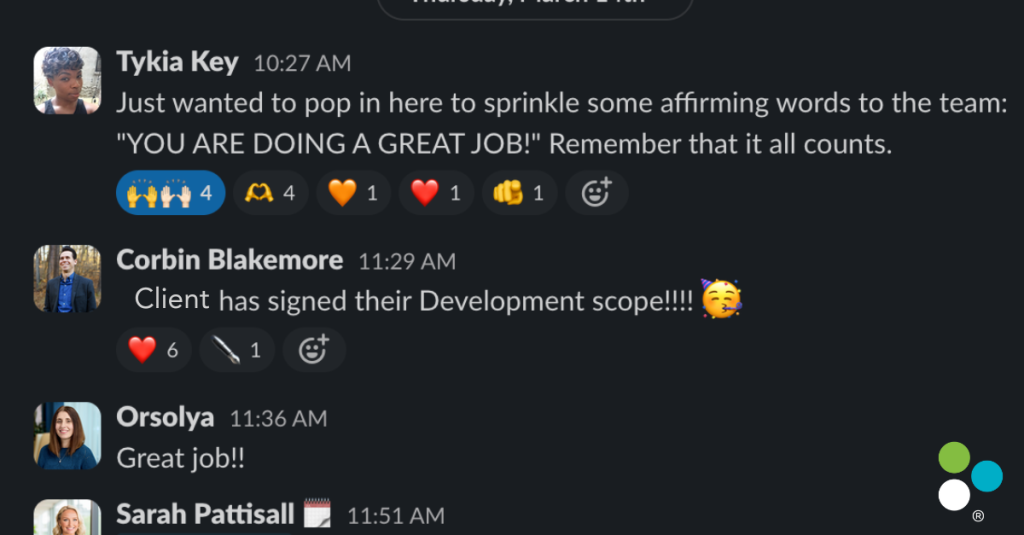
As a remote company, we’ve found it helpful to intentionally create spaces for celebrating success.
We do this using a dedicated Slack channel to highlight wins.
Typically, the channel buzzes several times throughout the day with messages of congratulations, milestones achieved, and shoutouts for exemplary work.
Positive reinforcement breaks up the day with moments of joy and pride. It also reinforces the significance of every team member’s contributions.
For many remote workplaces, employees may not have insight into what other teams are up to.
Highlighting cross-team contributions in our success-only space brings us together and keeps everyone informed.
This approach makes team members feel valued and more connected to one another and to the company.
Encourage exploration and welcome any and all questions—that’s how you create an environment of innovation and progress.
Adopting this philosophy can propel your team forward and reinforce a culture where each member feels valued and supported in their professional journey.
Feedback is a vital part of this culture.

Feedback isn’t a punishment—it’s a tool for growth. It should be constructive with clear, actionable advice aimed at improvement.
For feedback to be effective, it must be specific and directed towards actions rather than the individual.
This method helps maintain the recipient's openness to learning and growing. Feedback should encourage—not discourage—our team members' natural curiosity.
Our remote work culture is fundamental for carrying our mission forward. Everyone is in sync and working towards the same goals.
This unity and shared focus empower us to exceed our client's expectations when we show them the right way to market.
The right way to market involves aligning brand, marketing, and experience—for your customers and employees. (Check out this book for more information).
Marketing strategies won't be as effective when a work culture doesn’t prioritize alignment, clarity, and shared purpose.
If you want to grow your business and marketing strategies through a culture-driven approach, give us a call. We’re here to help.


